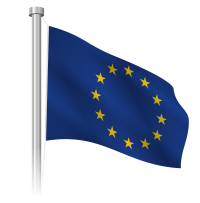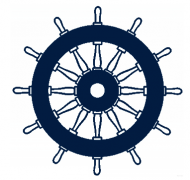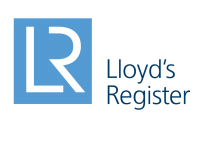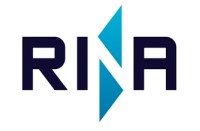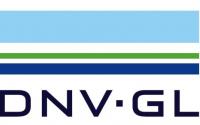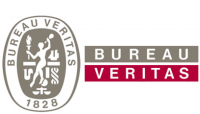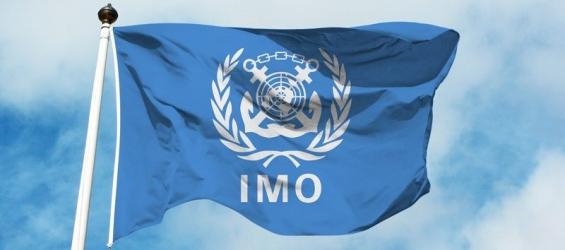
Knowledge of legislation
By knowledge of class rules and ongoing contact with class societies and port authorities we manage to keep the costs of your installation lower.
Because of the relative newness of scrubber systems and IMO regulations, the class rules are not yet fixed. Our extensive knowledge of class legislation and close contact with surveyors and approval engineers ensures no unneccesary costs are made during your SBCC project.
System integration
An important distinction is the fact that we fully assist for the SBCC system integration into your vessel. Besides the SBCC engineering and certification we can give support for amended fire safety plans, updated tonnage certificates and electrical integration together with your ballast water treatment system.
Closely involved in your SBCC project we close outstanding remarks and related obstacles like installing a ballast water treatment system or other systems at the same time, preventing any further delays.
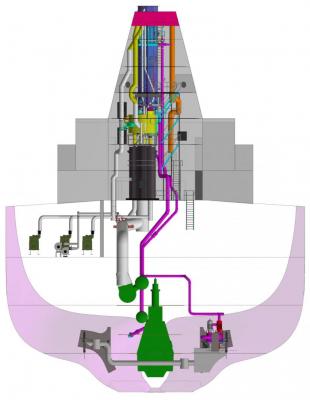
"The additional SBCC class notation
drives up the vessel's charter rate"

Remote survey
With improving knowledge of SBCC systems class societies will be accepting the certification of SBCC systems via remote surveys.
We will have the new experience with class surveyors checking, approving and certifying the VDL Carbon capture system without physically going on the vessel and know what is needed to have your system remotely certified, effectively minimizing your valuable off-hire time.
Cooperation with classification societies
IMO is committed to supporting UN Sustainable Development Goal 13 - to take urgent action to combat climate change and its impacts – in line with the 2015 Paris Agreement to cut greenhouse gas (GHG) emissions which cause global warming.
The revised IMO GHG Strategy, adopted at the Marine Environment Protection Committee (MEPC 80) includes an enhanced common ambition to reach net-zero GHG emissions from international shipping by or around, i.e. close to 2050, a commitment to ensure an uptake of alternative zero and near-zero GHG fuels by 2030, as well as indicative check-points for international shipping to reach net-zero GHG emissions for 2030 (by at least 20%, striving for 30%) and 2040 (by at least 70%, striving for 80%)
RINA - Approval in principle certification
During the SMM exhibithion in Hamburg we have received the AiP certificate from RINA for our VDL Carbon capture Ship Based Carbon Capture system. This is a great step towards the "marinization" of this existing and reliable technology for the immediate start of decarbonizing the (hard to abate) shipping industry on a large scale.
The new level of ambition relates to the uptake of zero or near-zero GHG emission technologies, fuels and/or energy sources: they are to represent at least 5%, striving for 10%, of the energy used by international shipping by 2030.

